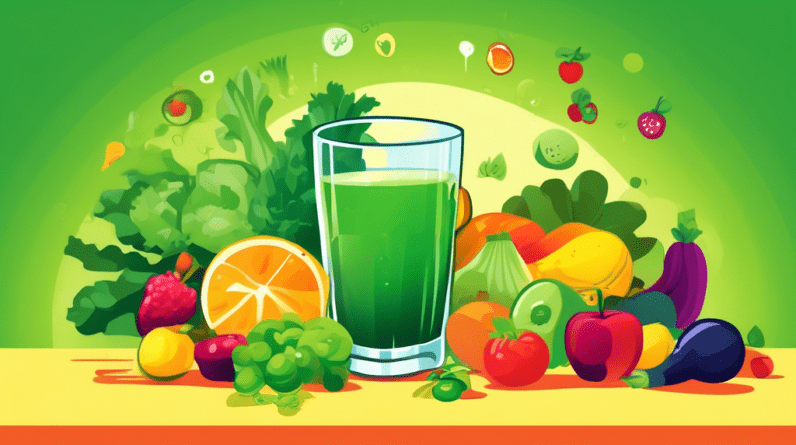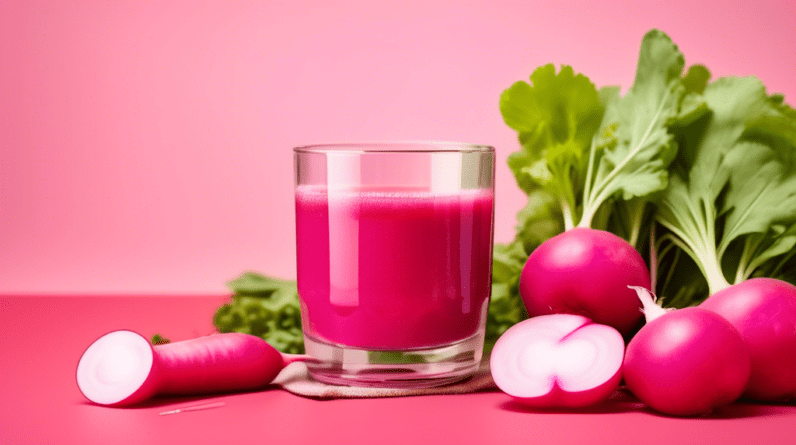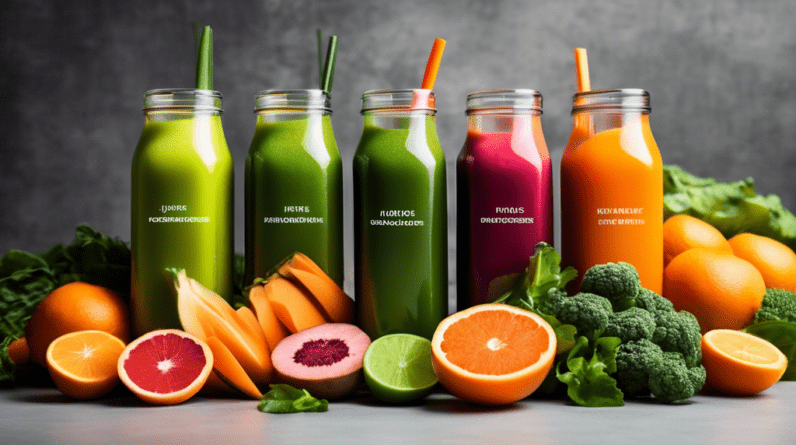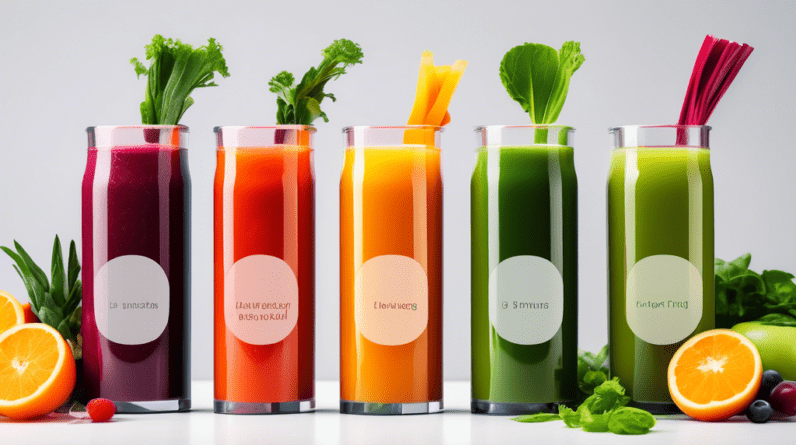
The Allure and Controversy of Juice Cleanses
Juice cleanses have gained immense popularity in recent years, promising rapid weight loss, detoxification, and a revitalized system. Celebrities endorse them, wellness gurus swear by them, and the internet is awash with testimonials singing their praises. But beneath the glossy surface lies a debate fueled by scientific skepticism and concerns over potential health risks. We delve into the truth about juice cleanses, separating hype from reality with insights from medical experts and nutritionists.
Understanding Juice Cleanses: A Closer Look
Juice cleanses typically involve replacing solid foods with fruit and vegetable juices for a set period, ranging from a few days to several weeks. Proponents claim this practice eliminates toxins, gives the digestive system a break, and promotes weight loss. While consuming fruits and vegetables is undoubtedly beneficial, the restrictive nature and potential nutrient deficiencies associated with juice cleanses raise significant red flags.
Debunking the Detox Myth: Your Body’s Natural Cleansing System
One of the most prominent claims made by juice cleanse advocates is the idea of detoxification. However, our bodies possess sophisticated detoxification mechanisms – the liver, kidneys, and digestive system – that work tirelessly to filter waste products and eliminate them naturally. There’s no scientific evidence to suggest that juice cleanses enhance this process. In fact, overloading on fructose, a sugar abundant in fruits, can burden the liver, potentially leading to health issues.
Weight Loss on a Juice Cleanse: Temporary and Misleading
While many individuals experience weight loss on a juice cleanse, it’s crucial to understand the nature of this weight loss. The drastic calorie restriction associated with replacing whole foods with juices primarily leads to water weight loss, not fat loss. This effect is temporary and quickly reverses once normal eating habits resume. Moreover, such severe calorie deficits can slow down metabolism, making long-term weight management more challenging.
Nutrient Deficiencies: The Risks of an Imbalanced Approach
Fruits and vegetables are undoubtedly nutritional powerhouses, but consuming them solely in juice form deprives the body of essential nutrients. Juice cleanses lack protein, healthy fats, and fiber, all crucial for maintaining muscle mass, regulating blood sugar levels, and promoting satiety. The absence of fiber, in particular, can disrupt digestion and lead to constipation.
The Psychological Impact of Restrictive Diets
Beyond the physiological effects, the restrictive nature of juice cleanses can negatively impact one’s relationship with food. Embarking on extreme dietary measures often creates a cycle of deprivation and binge eating, leading to feelings of guilt and an unhealthy relationship with food. It’s essential to adopt sustainable and balanced eating habits that nourish both the body and mind.
Expert Opinions: Separating Hype from Reality
Medical professionals and registered dietitians generally advise against juice cleanses. They emphasize that a balanced diet rich in whole foods, along with regular exercise, is the most effective and sustainable approach to health and well-being. If considering a juice cleanse, it’s crucial to consult a healthcare professional to assess potential risks and ensure it aligns with your individual health needs.
Sustainable Alternatives: Nourishing Your Body the Right Way
Instead of resorting to restrictive juice cleanses, focus on incorporating nutrient-rich whole foods into your diet. Prioritize fruits, vegetables, lean proteins, whole grains, and healthy fats. Stay hydrated by drinking plenty of water throughout the day. Regular physical activity is equally vital for maintaining a healthy weight, boosting energy levels, and promoting overall well-being.
Making Informed Choices for Your Health
The allure of juice cleanses lies in their promise of quick fixes, but their restrictive nature, potential nutrient deficiencies, and lack of scientific backing warrant careful consideration. Sustainable health and well-being stem from a holistic approach that prioritizes balanced nutrition, regular physical activity, and a positive relationship with food. Always consult with a healthcare professional before making significant dietary changes to ensure they align with your individual health needs and goals.






